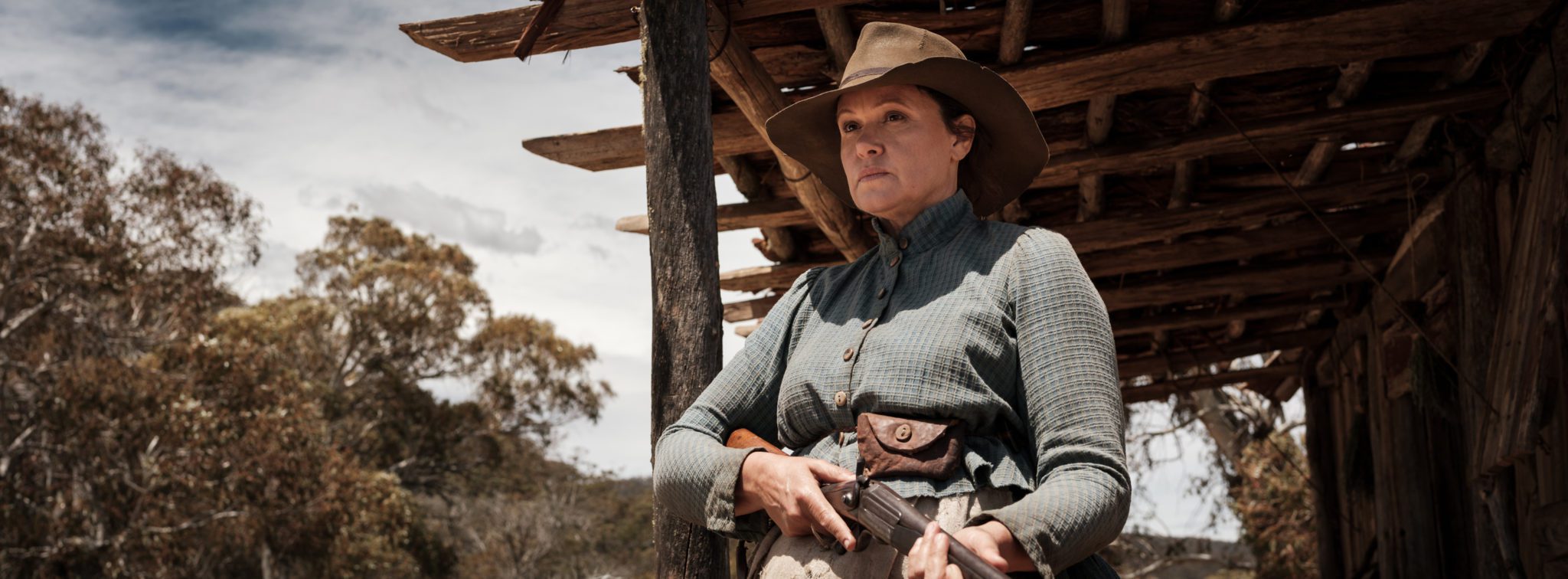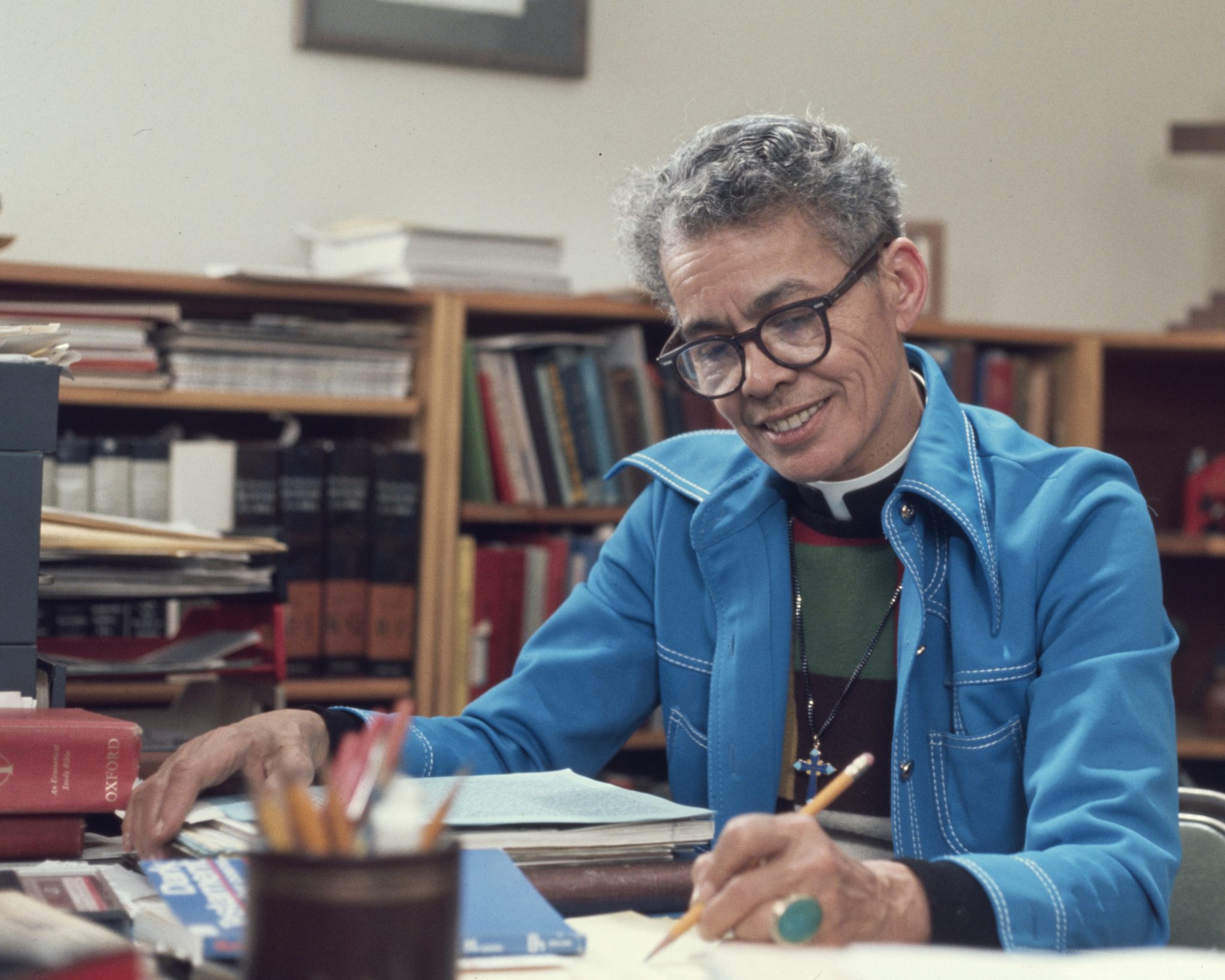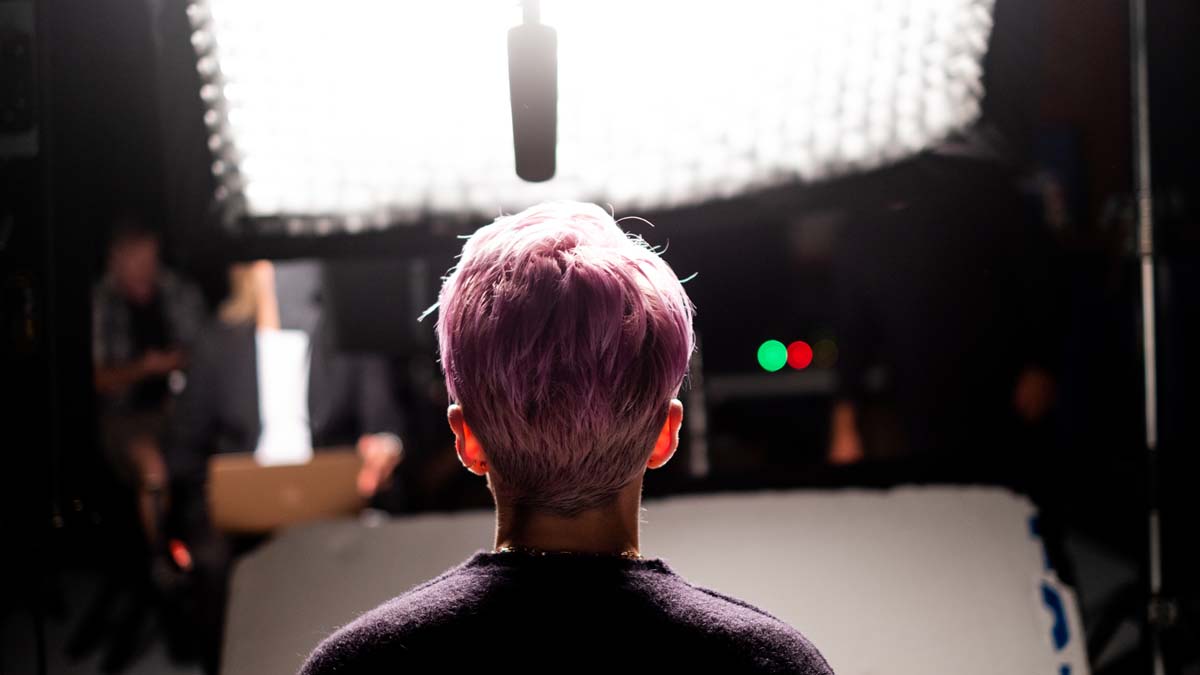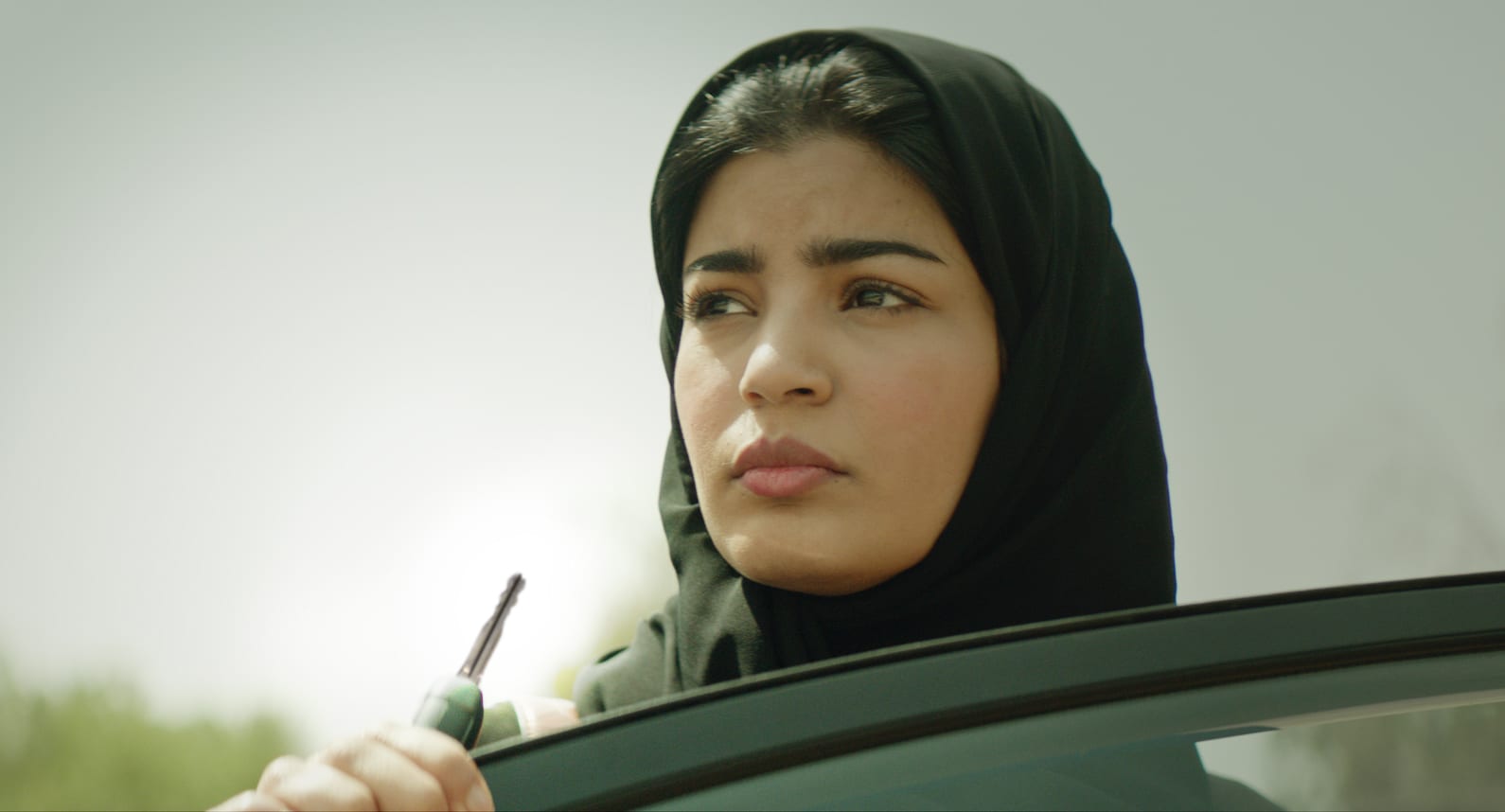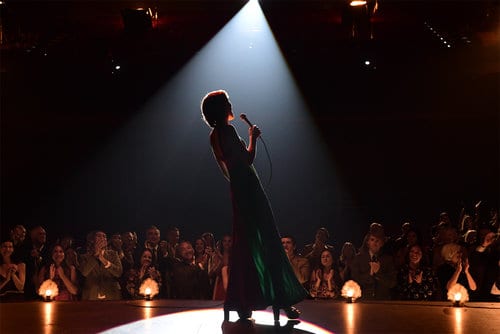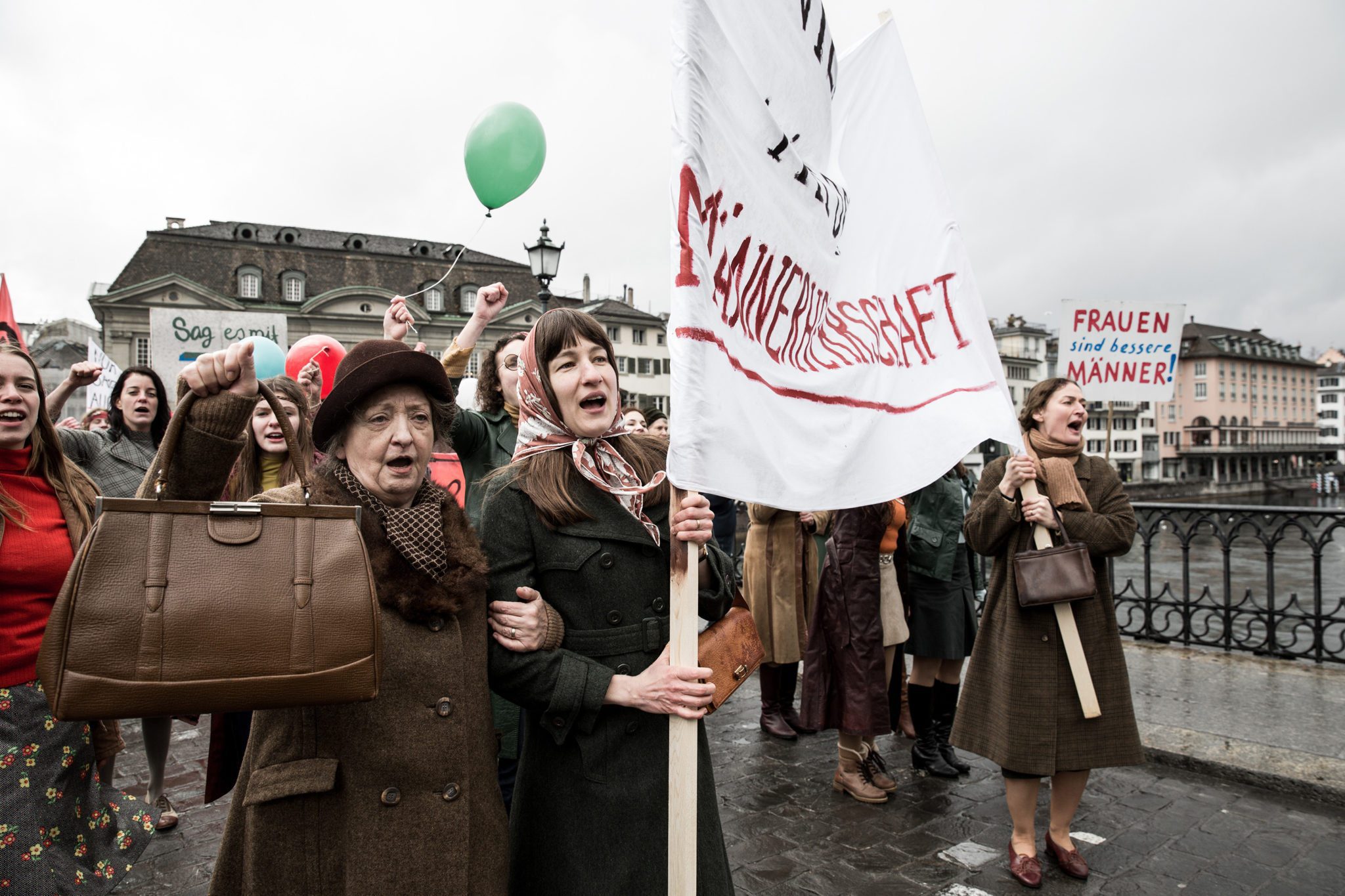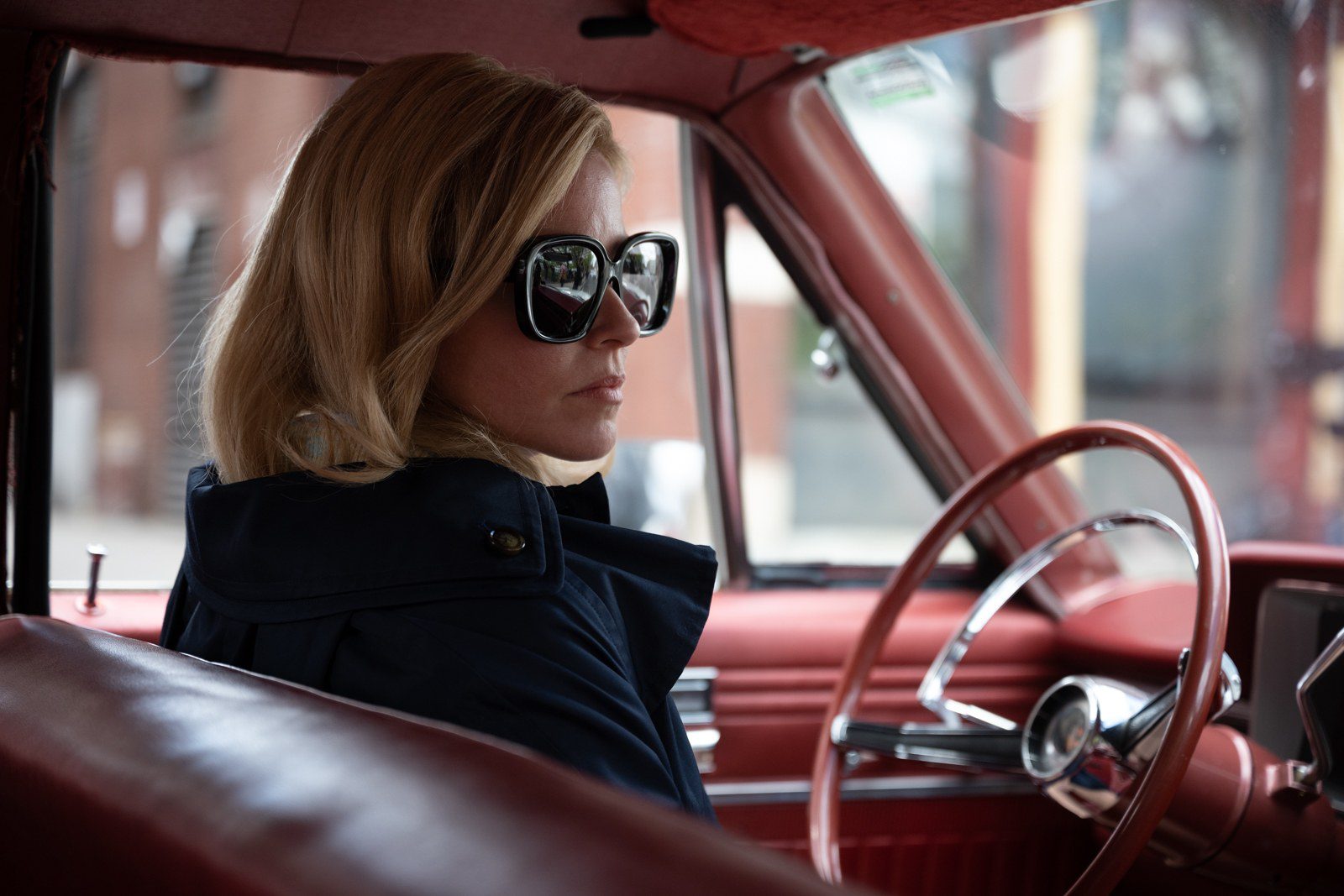
Call Jane – Women caring for women
The issue of abortion is a constant in American politics. That was true even before the Row v, Wade decision, and has been supercharged since the current Supreme Court struck down that decision in Dobbs v. Jackson Women?s Health Organization earlier this year. No doubt it will continue to be a political issue for many…

